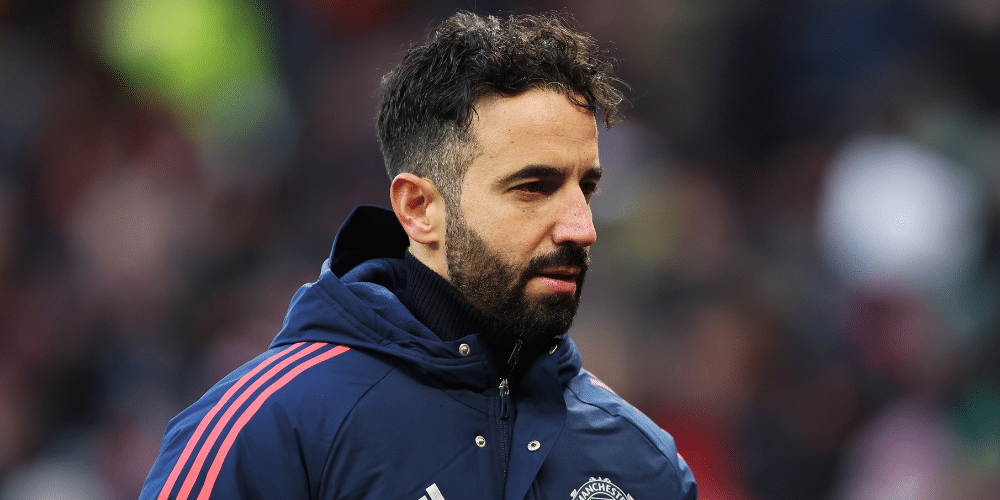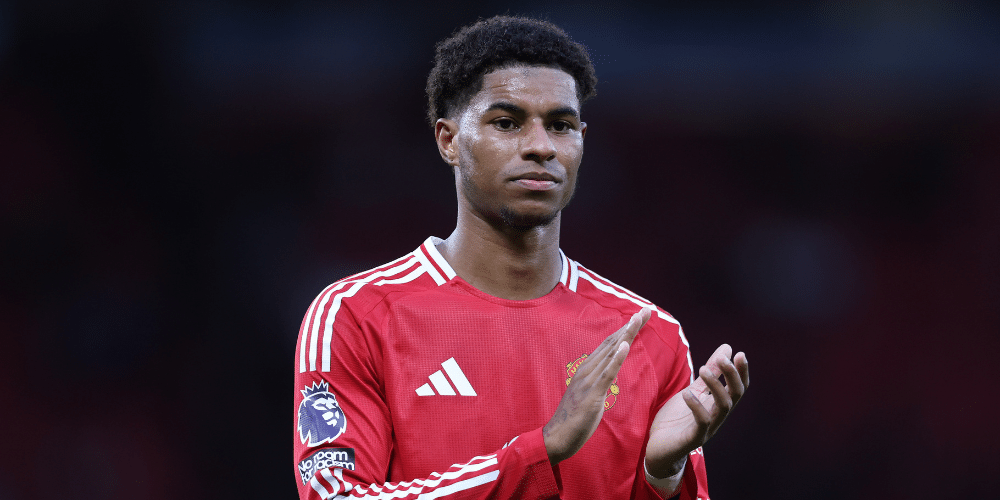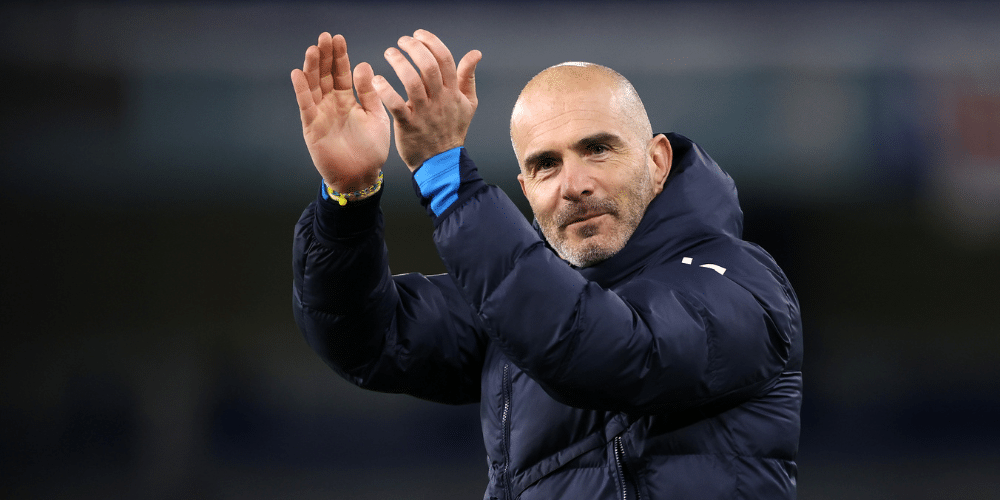On the surface, poker and football might seem like two completely different sports; one is played on large stadiums and generates billions in revenue, while the other can be played on the Internet and has only achieved worldwide popularity in the past decades.
However, while it may not appear so, football and poker have a lot in common. One of the more intriguing parallels between the two games is that they are both played recreationally and professionally. 1c/2c cash games are like playing schoolyard football, but a broadcast 100/200 invitational game is more like a Premier League or Champions League match. There are also varying levels of pros in each game, so categorizing them isn’t always easy.
But, it’s interesting to note that one of the main distinctions between poker and football—accessibility—comes from this pro/amateur gap. One of poker’s major draws is that there isn’t any distinction made between professionals and amateurs; as long as you can pay the buy-in, you can play.
Of course, this situation does not exist in football, where the only ways to play with your favorite player are typically through video games or charity matches. In reality, poker pros depend on this equality since the money in the game comes straight from the participants. Professionals couldn’t exist without amateurs since someone has to lose for them to exist in the world of poker.
Apart from being played recreationally and professionally, both sports revolve around well-planned strategies. The tactical evolution of football is responsible for the increase in the level of competitiveness we’ve seen in the past few years. Likewise, poker strategies play a significant part in the mind sport, and knowing how to take advantage of blinds or the correct moment to raise or call, having a good bankroll management, and knowing how to read other players’ bluffs and tells are all important skills for a poker player.
And that’s where poker can be helpful to professional football players. To apply any poker strategy in a game, a player needs mental resilience, good problem-solving skills and above-average critical thinking. All these skills can be applied to football to increase a player’s mental toughness so that they can be mentally able to deal with the ups and downs that are inherent to a football career.
Poker skills that increase mental toughness

Mental toughness, or mental resilience, is the capacity to perform at your peak in any circumstance. When faced with issues, hurdles, hardship, or failure — whether on the football field or at the poker table – mental toughness becomes extremely vital. Mental toughness enables you to play more consistently, regardless of any problems you might face.
The correlation between psychological ups and downs and fluctuations in sporting performance is starting to gain support among psychologists. When mental resilience is low, players are more likely to play poorly. When mental resilience is high, playing well is nearly inevitable. A player’s objective is to always build a psychologically strong mentality that allows them to perform more consistently no matter what hurdles they confront.
The good news is that mental toughness is not a trait that we inherit from our parents. Instead, it’s a skill that we can learn. The following characteristics can be demonstrated and rigorously practiced to enhance mental toughness. Poker players with strong minds are:
- Self-motivated. A psychologically strong poker player is self-motivated and works hard to achieve his goals. He doesn’t need to be coerced towards improving his skills. He enjoys both the work and the game. He is driven to take whatever necessary measures to succeed when faced with difficulty. This is also a great attitude for a footballer. Players like Cristiano Ronaldo are always working towards improving their game and are extremely driven to play at the highest level.
- Emotionally controlled. Emotional control is a quality of the top players. Decision-making is hampered by inadequate emotional control. Players must learn to regulate their feelings of rage, anger, and fear to avoid becoming a victim of them.
- Calm under pressure. Great players do not shy away from difficult circumstances. They regard them as obstacles that must be overcome. Even when the situation seems hopeless, they maintain their composure and seize the chance to prove their mettle. This is also a trait that footballers must acquire, especially when playing big tournaments like the UEFA Champions League of the World Cup.
You can see that having a strong mental fortitude is not easy. However, by playing poker and facing a wide range of unfavorable scenarios, football players can develop their mental skills and increase their mental resilience, which in turn can lead them to making better decisions on the football pitch.



